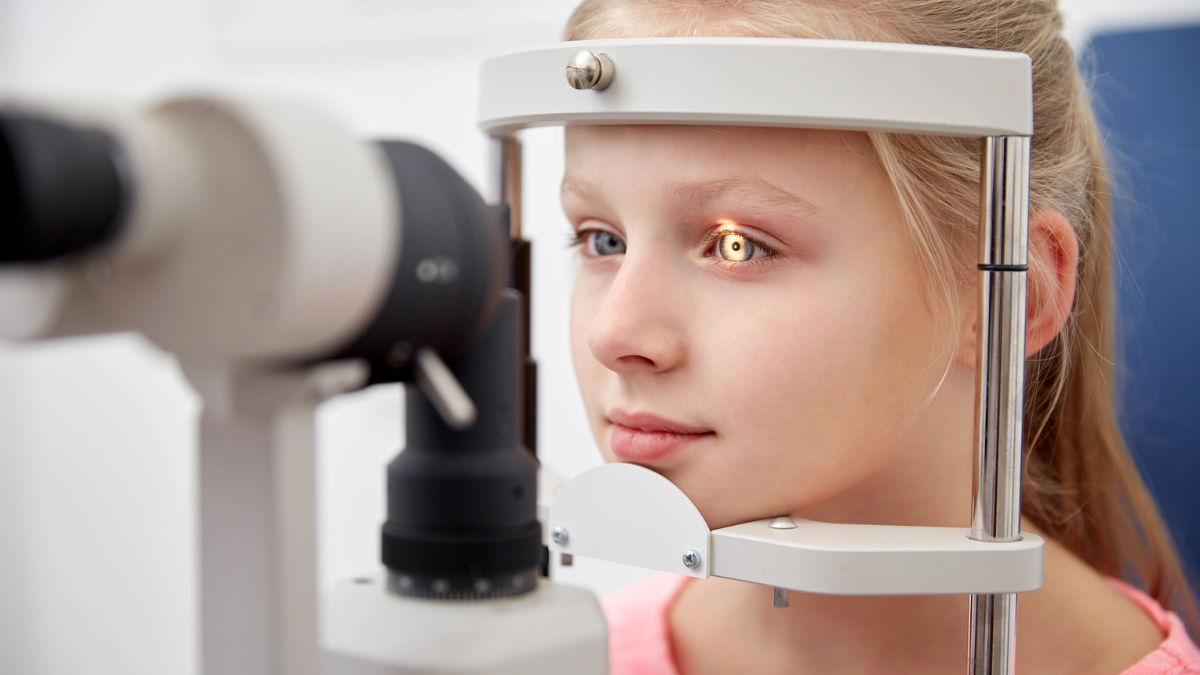Maintaining children’s eye health is crucial, especially in a world where screen time is on the rise and outdoor activities are decreasing. Good vision is essential for academic performance, social interactions, and overall development. Here are some effective strategies to protect children’s eyesight and reduce their dependency on spectacles.
1. Encourage Outdoor Activities
Benefits of Natural Light
Spending time outdoors is beneficial for children’s eyesight. Natural light helps the eyes develop correctly and can reduce the risk of developing myopia (nearsightedness). Encourage your children to play outside for at least 1-2 hours each day to give their eyes a break from screens and artificial light.
2. Limit Screen Time
Digital Eye Strain
Excessive screen time can cause digital eye strain, leading to symptoms like dry eyes, headaches, and blurred vision. Set limits on the amount of time children spend on digital devices. Follow the 20-20-20 rule: every 20 minutes, have them look at something 20 feet away for at least 20 seconds. This practice helps reduce eye strain and fatigue.
3. Maintain a Healthy Diet
Essential Nutrients for Eye Health
A balanced diet rich in vitamins and minerals is vital for maintaining good vision. Ensure your child’s diet includes:
- Vitamin A: Found in carrots, sweet potatoes, and leafy greens, it is crucial for good vision.
- Omega-3 Fatty Acids: Found in fish and flaxseed, they help prevent dry eyes.
- Vitamin C: Found in citrus fruits and berries, it supports overall eye health.
4. Ensure Proper Lighting
Reading and Study Environments
Ensure your child has adequate lighting when reading or studying to prevent eye strain. Position the light source behind them and direct it onto their work. Avoid glare on screens by adjusting the brightness and positioning the screen properly.
5. Regular Eye Exams
Early Detection
Schedule regular eye exams with an optometrist to detect any vision problems early. Early detection and treatment of issues like myopia, hyperopia (farsightedness), and astigmatism can prevent them from worsening and reduce the need for corrective lenses.
6. Practice Good Eye Hygiene
Hand Washing and Eye Safety
Teach children to wash their hands regularly and avoid touching their eyes to prevent infections. Ensure they wear protective eyewear during sports and other activities that could pose a risk to their eyes.
7. Ergonomic Study Spaces
Reducing Eye Strain
Create an ergonomic study space for your child. Ensure their computer screen is at eye level and about 20-30 inches away from their eyes. This setup helps maintain a comfortable posture and reduces eye strain.
8. Encourage Frequent Breaks
Resting the Eyes
Encourage your child to take frequent breaks while studying or using digital devices. Short breaks help the eyes rest and recover from prolonged periods of focus.
9. Sunglasses for UV Protection
Shielding Eyes from Harmful Rays
Ensure your child wears sunglasses that block 100% of UVA and UVB rays when outdoors. UV protection helps prevent long-term damage to the eyes, such as cataracts and macular degeneration.
10. Educate About Eye Health
Building Awareness
Teach your child about the importance of eye health and how to take care of their eyes. Awareness and good habits developed early in life can lead to a lifetime of healthy vision.
By incorporating these eye care tips into your child’s daily routine, you can help protect their eyesight and reduce their dependency on spectacles. Prioritizing eye health today will ensure your child enjoys clear vision and a better quality of life tomorrow.
